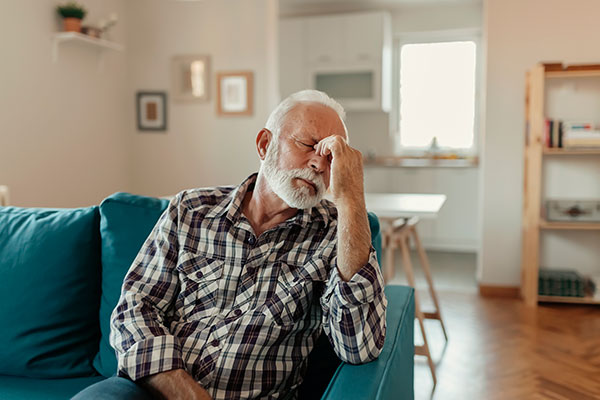Testosterone plays a vital role in how your body creates energy; therefore, low testosterone can make you feel tired.
Among the many processes that testosterone is necessary for, this important male hormone plays a vital role in metabolism, or the way that your body produces energy for your cells from the foods that you eat.
Testosterone also helps to regulate mood and sleep, which is another reason why low testosterone can make you tired. Testosterone is also instrumental in the creation of red blood cells. Low testosterone can lead to a decrease in the production of healthy red blood cells, which can cause anemia which can also make you tired.
As you can see, low testosterone can affect your energy levels in many ways.
Can Testosterone Deficiency Lead to Disease?
Having a testosterone deficiency can put you at greater risk for certain diseases and conditions.
The list of diseases associated with having age-related testosterone deficiency, also more simply known as “low testosterone,” can be long and varied. Testosterone is a vital hormone. While it is the primary male hormone, women’s bodies make and need testosterone as well.
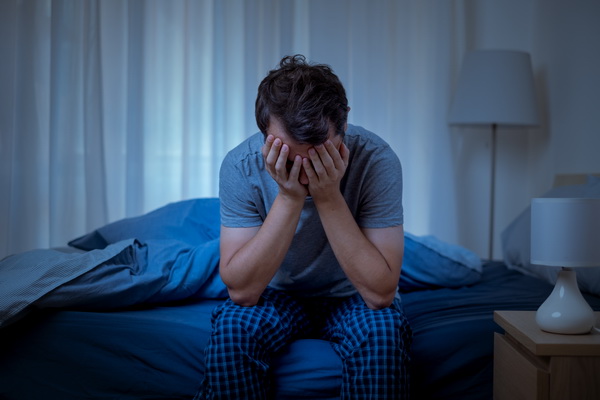
Several recent studies have shown a connection between insomnia, or poor or disturbed sleep, and a drop in testosterone levels. There is also evidence that the reverse is true — men with low testosterone tend to suffer from insomnia and other sleep disorders more often than men who have normal testosterone levels.
Most men think that once you are over 40, insomnia is just part of the normal aging process. Between working full days at the office, dealing with budgeting, and the everyday stressors of raising a family, it is not uncommon for middle-aged men to suffer from lack of sleep and feel fatigued and exhausted throughout the day.
However, chronic insomnia can be a serious condition that men should not ignore. In fact, current research seems to indicate that chronic poor or disturbed sleep may be a sign of low testosterone.
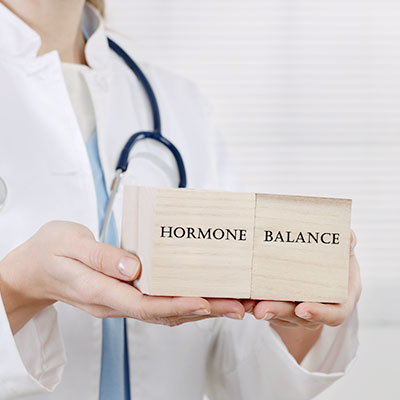
Everyone is familiar with the loss of estrogen women go through, which results in the many symptoms of menopause. Men also go through age-related hormone loss that results in a similar condition known as andropause. Most of the symptoms of andropause are related to low testosterone. However, recent studies have found that in aging males who suffer low testosterone, some of their remaining testosterone converts to estrogen. The research suggests that it could be this conversion of testosterone to estrogen that might be responsible for some of the symptoms of low testosterone in men – particularly those related to sexual wellness.
The human body is a very efficient machine. All of the hormone-driven biological processes work together in harmony with one another to try to achieve and maintain a state of homeostasis. Homeostasis comes from the Greek words for “same” and “steady.” It is simply defined as your body’s natural propensity to keep things steady, stable, and in balance for optimal health.
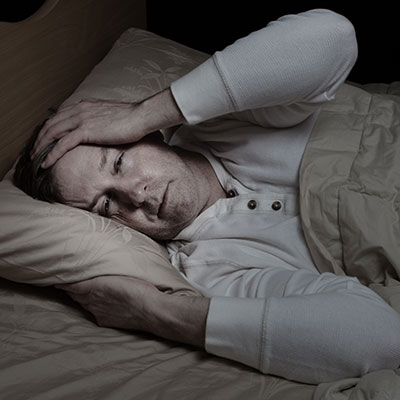
Some sweating at night is perfectly normal. However, night sweats are characterized by intense sweating at night, often so severe that you awake with your sleep clothes and blankets drenched in sweat.
That kind of profuse nighttime sweating is usually associated with menopausal women. However, men too can suffer from night sweats, and just as hormones are behind the condition in women, in men, night sweats could be a sign of low testosterone.
While night sweats in men are quite often linked to low levels of testosterone, night sweats can also be caused by other conditions. If you often find yourself awakened by a puddle of sweat or are having trouble getting to sleep because of excessive sweating, make an appointment with your doctor. They can help diagnose the cause of your symptoms and recommend the best treatment plan.

There is a growing body of evidence that suggests a link between low testosterone and stress.
Contrary to what you might think, stress does not increase testosterone. It may seem logical to assume that during a crisis, your “fight or flight” reaction may cause a burst of testosterone to flow into your blood to deal with the emergency. This is a misconception.
The hormone related to stress and your “fight or flight” reaction is not testosterone but rather cortisol. Cortisol is the “stress hormone.” It is cortisol that is released into your blood that causes the release of adrenaline and the subsequent higher heart rate that gives us the physical boost you need to escape or handle danger.
However, cortisol and testosterone are antagonists. High levels of cortisol in your blood actually lower your testosterone level. Therefore, men who are often under chronic stress are likely to experience low testosterone and vice versa.
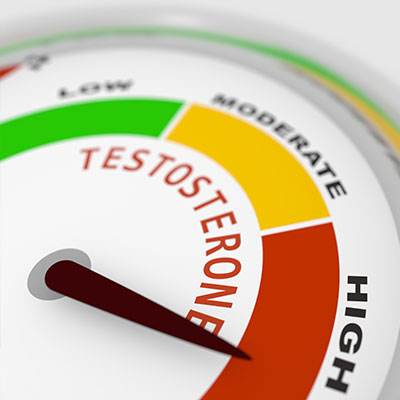
Testosterone is a critical hormone for both men and women. Unfortunately, we lose this critical hormone as we age. This age-related testosterone loss can be a real issue for men.
By the time a man is over 30, the level of testosterone in his blood can decrease by as much as 2% every year. As your testosterone drops, you can start to:
- Feel tired and sluggish
- Put on weight, particularly belly fat
- Develop sexual health issues
- Have difficulty with focus
- Have trouble building muscle, even when working out
- Have trouble sleeping
- Feel depressed, angry, or anxious
The good news is there are several lifestyle changes you can make that could naturally boost your free testosterone levels.
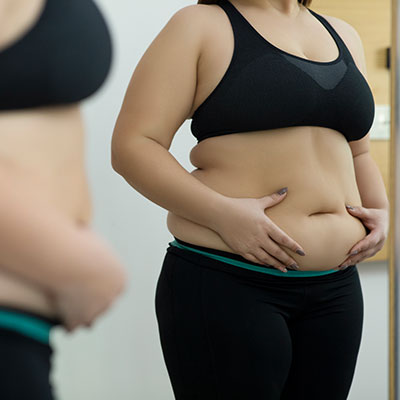
Visceral fat is commonly referred to as “belly fat.” However, the true definition of visceral fat literally goes a lot deeper than that. Visceral fat technically is fat that wraps around your abdominal organs deep inside your body. While people who are noticeably overweight with a typical “big belly” will undoubtedly also have a lot of visceral fat, you can’t always feel it or see it. In fact, you can have a fairly flat tummy and still have visceral fat. That’s sometimes called TOFI, or “thin outside fat inside.”
The link between visceral fat and low testosterone is an interesting one. Studies have found that both men and women who are overweight and possess an excessive volume of visceral fat tend to suffer from low testosterone. The reverse has also been found to be true that people with low testosterone tend to be overweight and have a lot of visceral fat.
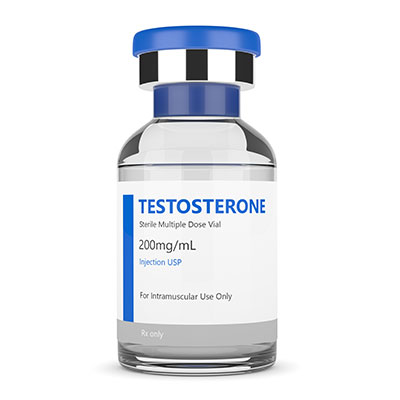
The different esters mainly vary in their half-lives which impacts how quickly they take effect and how long they last, and in the oil base used for esterification.
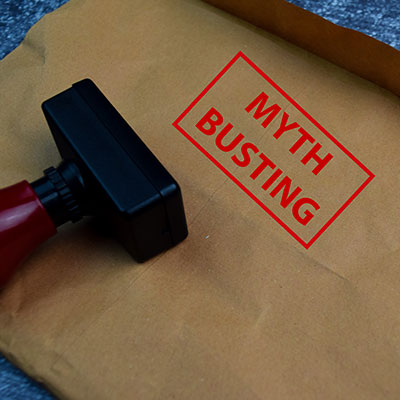
Probably the most common misconception about testosterone is that it is exclusively a “male hormone.” It is true that testosterone falls under the technical definition of an “androgen” or “male hormone,” however, women’s bodies make and need testosterone as well.
That testosterone is only for men is just one of the many myths and misunderstandings involving this vital hormone. On this page, our medical experts will dig into the top myths and the top facts you should know about testosterone if you are considering testosterone therapy.

